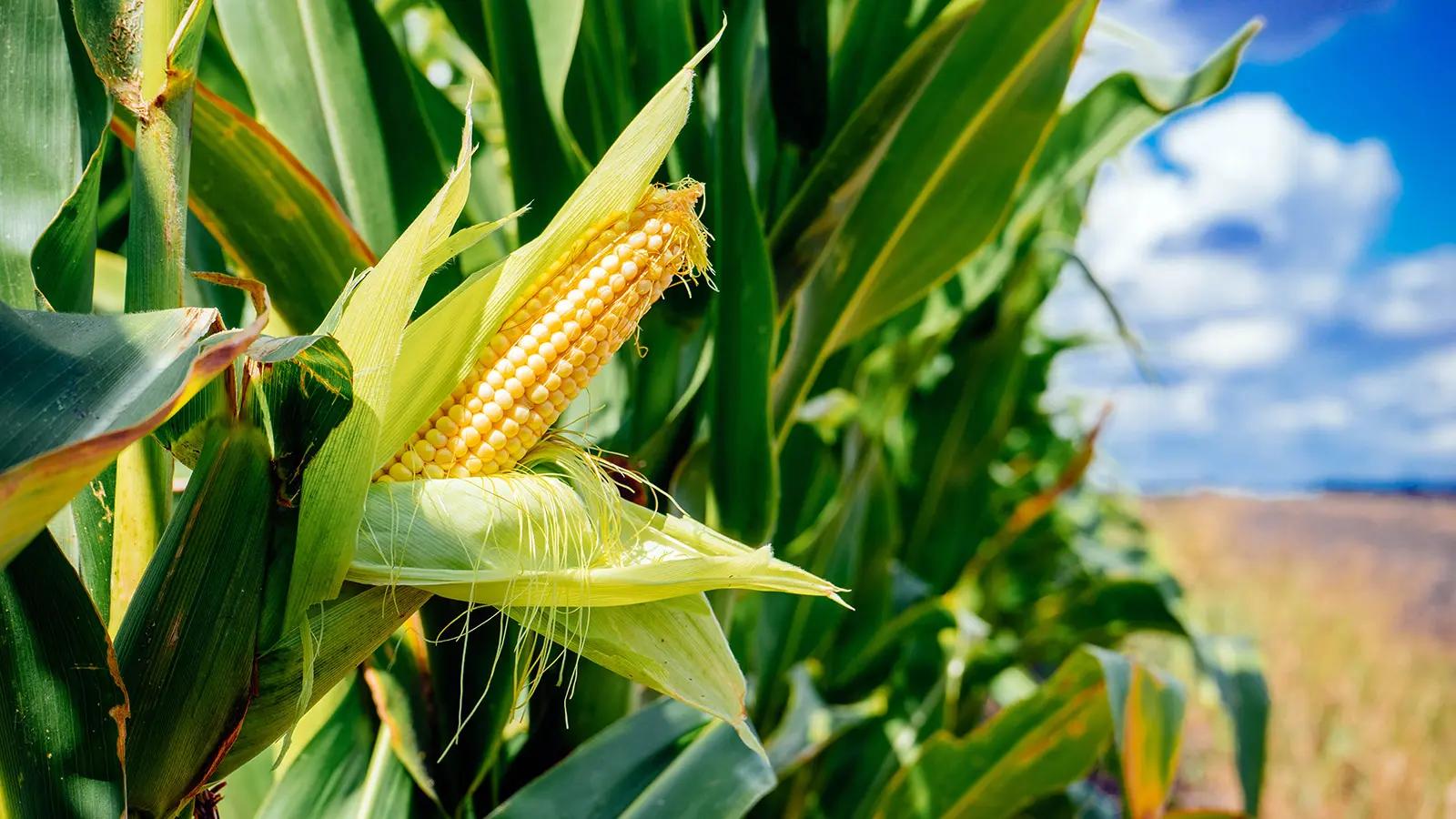Africa-Press – Eswatini. World food prices hit “the highest levels ever recorded” in March, with the Russian invasion of Ukraine threatening a global crisis, the United Nations food and agriculture agency warned Friday.
The prices of agricultural raw materials such as wheat, corn or sunflower oil rose 12.6% in March on a monthly basis, with the fallout from the Russian attack on Ukraine including threats to upcoming harvests.
The index of this agency of the United Nations (FAO, for its acronym in English), which follows the monthly variation of international prices for a basket of basic food products, had already reached its highest level in February since its creation in nineteen ninety.
Now, it has registered its biggest monthly variation
Prices rose, largely due to the influence of cereals, whose index indicates an increase of 17.1%, “due to the effect of the sharp rises in the prices of wheat (19.7%) and all secondary cereals”.
The Russian Federation and Ukraine are respectively the first and fifth world exporters of wheat, representing 30% of the world supply.
Since the Russian invasion, on February 24, tons of grain have remained on the docks of Ukrainian ports, such as Mariupol, a city bombed and surrounded by the Russians for its strategic position.
However, maize prices also “recorded a monthly increase of 19.1%, reaching a record level”, indicates the FAO.
Ukraine on Thursday demanded urgent help from the European Union for its farmers, as the conflict ravages the country during the planting season.
Food prices also rose due to the impact of the increase in vegetable oils, with the FAO index “up 23.2%, due to the rise in sunflower oils”, according to the report, which details that Ukraine and the Russian Federation represent 80 % of world exports.
At the same time, the prices of palm, soy and rapeseed oils, on which many industrialists rely, rose sharply in March.
As a result of the Russian attack, famine in the Sahel and West Africa, which are heavily dependent on Russian and Ukrainian cereals, could worsen and affect 38.3 million people by June, without appropriate measures, FAO indicates.
At the appeal of Niger President Mohamed Bazoum, several countries, such as the US and France, pledged on Wednesday to increase their food aid.
Another source of concern came from the statement by Russian President Vladimir Putin, who proposed on Tuesday that food supplies to countries “hostile” to the Kremlin be “surveilled”, in the midst of a wave of sanctions against Moscow.
“We must not stop world trade, and exports must not be restricted or taxed,” warned FAO Director-General Qu Dongyu during a speech delivered on Friday during a board meeting.
He pointed to the similarities with the 2008 crisis, which gave rise to hunger riots – rising food, oil and fertilizer prices – following two years of a pandemic that weakened economies.
In a letter sent to AFP, FAO’s director of emergency services and resilience, Rein Paulsen, called for sowing in vulnerable countries to create a “safety net” that is more durable than emergency food aid.
“$1.5 billion would be enough to provide immediate agricultural assistance to save the lives of some 50 million people, allowing them to produce food where the need is greatest.”
Meanwhile, FAO today launched a website to provide information on the consequences of the US invasion of Ukraine for agricultural and food markets at https://www.fao.org/in-focus/en.
For More News And Analysis About Eswatini Follow Africa-Press







